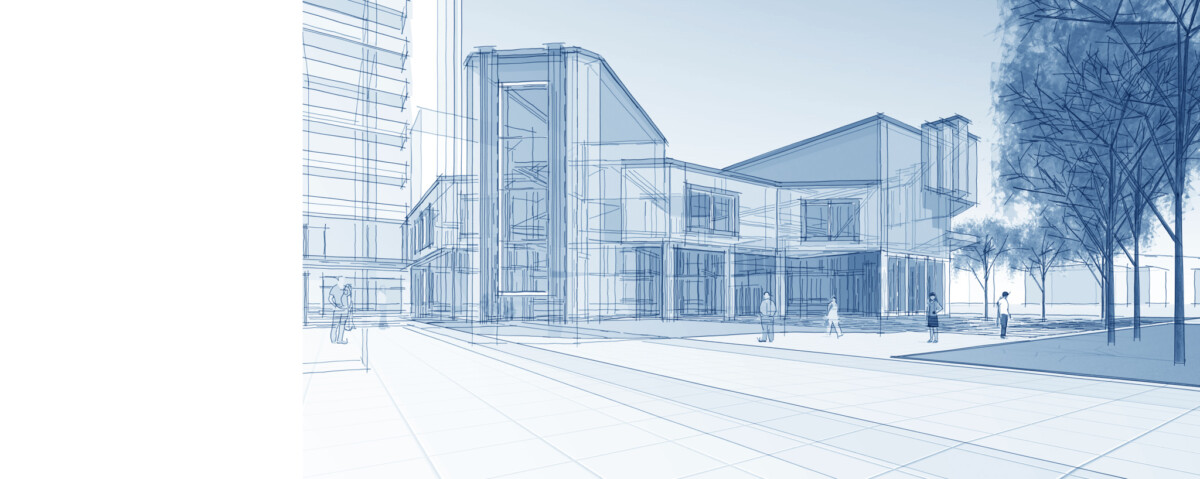Home insurance is a vital safeguard for property owners, offering financial protection against damage, theft, and liability. For many residents of Garden City, Michigan, a home insurance policy offers peace of mind, knowing that their most valuable asset—their home—is protected in times of crisis.
But here’s the truth: home insurance doesn’t cover everything. Many homeowners discover too late that their policy excludes certain risks, leaving them to shoulder hefty repair or replacement costs out of pocket. Knowing what your insurance doesn’t cover is just as important as knowing what it does.
In this article, we’ll break down the most common exclusions in Garden City home insurance policies, why they matter, and what steps you can take to protect yourself.
1. Flood Damage
Flooding is one of the most widespread natural disasters in Michigan, and Garden City is no exception. Yet standard home insurance policies do not cover flood damage. Whether the flooding is caused by heavy rains, sewer backups, or melting snow, you’re likely on your own unless you’ve purchased additional coverage.
Solution: Consider a separate flood insurance policy through the National Flood Insurance Program (NFIP) or a private insurer. Even if your property isn’t in a designated flood zone, localized flooding can happen anywhere.
2. Earthquakes and Ground Movement
Michigan may not be as well-known as California, but minor earthquakes and ground shifts do occur. Unfortunately, most Garden City home insurance policies exclude damage caused by earth movement. This includes earthquakes, sinkholes, and even soil settling under your foundation.
Solution: If you’re concerned about ground movement, ask your insurer about a special earthquake or earth movement endorsement. These add-ons can help protect your foundation and maintain its structural integrity.
3. Sewer and Drain Backups
Few things are more frustrating—and hazardous—than a sewer backup in your basement. But here’s the kicker: sewer and drain backups are not covered by standard policies. This exclusion can be particularly costly for Garden City homeowners, especially in older neighborhoods where outdated sewer systems may be in place.
Solution: Add a sewer backup rider to your policy. It’s usually affordable and can save you thousands in cleanup and restoration costs.
4. Wear and Tear
Home insurance is designed for sudden, unexpected damage—not gradual deterioration. Normal wear and tear, neglect, or poor maintenance aren’t covered. For example, if your roof leaks due to old age rather than storm damage, don’t expect your insurer to step in.
Solution: Maintain your routine. Regular inspections, roof repairs, and replacing worn-out systems (such as plumbing or HVAC) can prevent major out-of-pocket expenses.
5. Mold and Pest Infestations
Mold growth, termite infestations, or damage from rodents are generally excluded from coverage. Insurers view these as preventable problems resulting from neglect or improper upkeep.
Solution: Stay proactive with pest control, moisture checks, and regular inspections. If mold results from a covered peril (like water damage from a burst pipe), your policy might help—but only up to a limit.
6. High-Value Personal Items
While your policy likely includes personal property coverage, it typically has limits on high-value items such as jewelry, art, electronics, and collectibles. For example, most policies cap jewelry coverage at around $1,500 to $2,500 for theft losses.
Solution: If you own expensive items, purchase a scheduled personal property endorsement (also known as a rider) to fully insure them.
7. Business-Related Losses
With more Garden City residents working from home or running small businesses, it’s important to note that home insurance does not cover business-related losses. Equipment, inventory, or liability claims tied to your business activities are usually excluded.
Solution: Ask about a home-based business rider or a separate business insurance policy to protect your work equipment and liability.
8. War and Nuclear Hazards
This may sound extreme, but virtually all home insurance policies exclude damage caused by war, terrorism, or nuclear hazards. While unlikely, it’s important to be aware of these exclusions.
9. Ordinance or Law Upgrades
If your home is damaged and needs to be rebuilt, local building codes may require costly upgrades. Standard policies don’t cover the expense of bringing your home up to current code unless you’ve added ordinance or law coverage.
Solution: Add ordinance or law coverage to your policy to avoid being caught off guard by code-required updates.
10. Intentional Damage
If damage is caused intentionally—whether by the homeowner, a tenant, or another covered individual—it won’t be covered. Insurers consider this fraud or negligence, leaving you fully responsible.
Why These Exclusions Matter for Garden City Residents
Garden City homeowners face unique risks. With Michigan’s unpredictable weather, aging infrastructure, and older homes in certain neighborhoods, exclusions like sewer backups, floods, and ordinance upgrades are particularly relevant. Many families mistakenly assume their insurance covers “all risks” until they face an uncovered claim.
By understanding what your home insurance doesn’t cover, you can take proactive steps to protect yourself financially. Whether it’s adding endorsements, purchasing separate policies, or keeping up with maintenance, a little preparation goes a long way.
How to Protect Yourself
- Review Your Policy Carefully – Don’t Skim Over the Fine Print. Ask your insurance agent to explain exclusions in detail.
- Add Riders and Endorsements – Riders for sewer backups, high-value items, or ordinance coverage can be affordable and invaluable.
- Consider Supplemental Insurance – Flood or earthquake insurance may be necessary depending on your risk level.
- Maintain Your Home – Insurance won’t cover neglect. Regular maintenance prevents costly surprises.
- Shop Around – Not all policies are equal. Compare providers in Garden City to find the right coverage mix.
Final Thoughts
Your home is more than just a building—it’s your safe haven and one of your largest investments. While home insurance provides essential protection, it’s not a catch-all safety net.
Garden City residents must understand the limitations of their policies to avoid unexpected financial burdens. From floods and sewer backups to mold and high-value property, these exclusions can leave you vulnerable if you’re not prepared.
Take time to review your policy, add coverage where it’s needed, and stay proactive about home maintenance. By doing so, you’ll ensure that your home—and your finances—are truly protected, no matter what life throws your way.
Thank you for reading! If you enjoyed this article and want to explore more content on similar topics, check out our other blogs at Sonic Loans, Sonic Realty, and Sonic Title. We have a wealth of information designed to help you navigate the world of real estate and finance. Happy reading!
Are you looking for the right loan? Check out Sonic Loans for tailored mortgage solutions that make home financing simple and efficient.
December 9, 2025
The Complete Guide to Mortgage Pre-Approval Buying a home is one of the most exciting...
December 4, 2025
How to Improve Your Credit Score Before Applying for a Mortgage If you’re planning to...
December 2, 2025
FHA vs. Conventional Loans: What’s Best for First-Time Buyers? Buying your first home is exciting...
November 27, 2025
Digital Property Management Solutions: The Future of Real Estate Efficiency In today’s fast-paced real estate...
November 25, 2025
Virtual Reality in Property Marketing: The Future of Real Estate The real estate industry has...
November 20, 2025
PropTech Trends Shaping Real Estate The real estate industry is experiencing one of the most...
November 18, 2025
AI in Real Estate: Current Applications Artificial intelligence has rapidly become one of the most...
November 13, 2025
Blockchain in Real Estate: Future Applications Blockchain technology, once synonymous only with cryptocurrencies, has rapidly...
November 11, 2025
Smart Home Features Worth Installing In recent years, smart home technology has evolved from a...


















